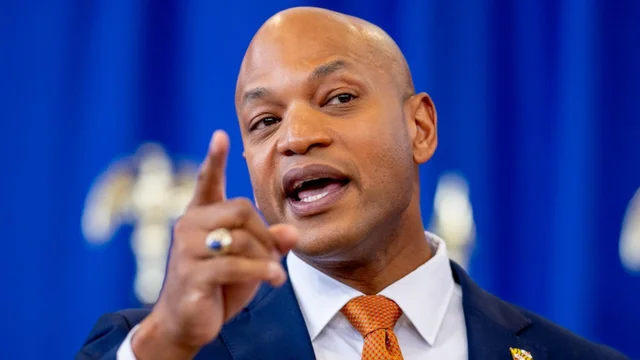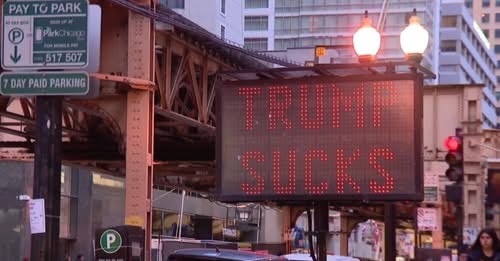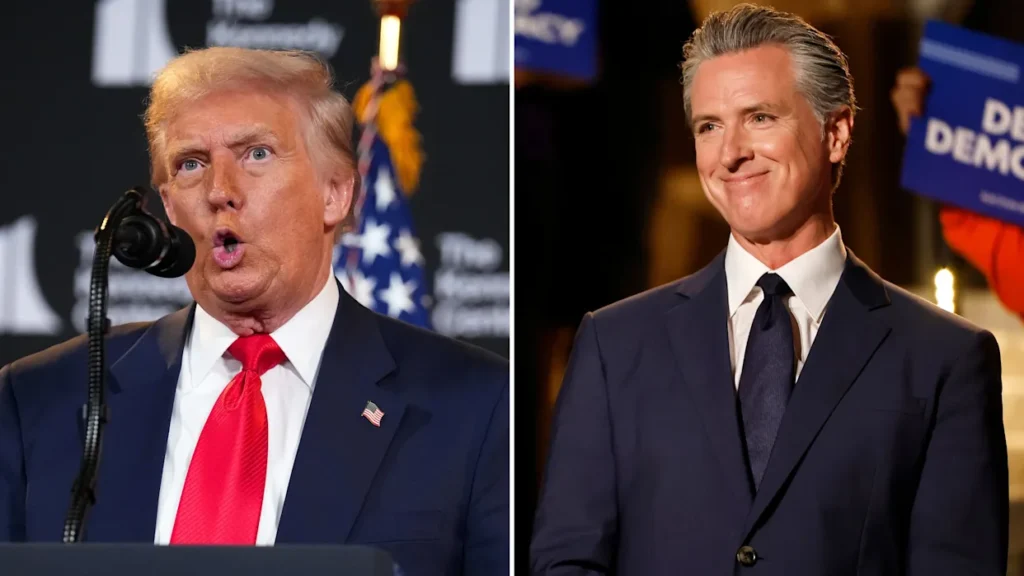Trade Union Act Repeal Plan, Laws controlling the percentage of union members needed to vote in order for strike action to be permitted are slated to be repealed, marking a significant change in labor policy. This action is consistent with the government’s pledge to eliminate the Trade Union Act and restructure workers’ rights.
Government’s Plan to Repeal the Trade Union Act
In keeping with its pledge to repeal the Trade Union Act, the government is anticipated to introduce a measure by the middle of October. In order to guarantee that strike action may only commence with a “clear and positive democratic mandate” from union members, the Tory government approved this Act in 2016. It stipulated that a minimum of 50% of a union’s membership had to cast a ballot, and an additional 40% of members had to approve actions related to public services like transportation, health care, or education.
Political Reactions: A Divisive Issue
Political discussion has been triggered by the decision to remove these thresholds. In light of recent wage offers to train drivers and junior physicians, senior Conservative figures have challenged Prime Minister Sir Keir Starmer, accusing him of being unduly swayed by union interests. James Cleverly, the shadow home secretary, charged that the government was being “played by its union paymasters.” Labor has defended its position, claiming that it is only carrying out its election-related commitments.
Labor’s Vision: A New Era of Partnership
Trade Union Act Repeal Plan, Labor has consistently criticized the Trade Union Act, labeling it an attack on workers’ rights. The Telegraph was the first to report on the party’s promise to abolish the Act within the first 100 days of its election. According to a Labour source, this decision ushers in a “new era of partnership” between companies, unions, and the government, placing the UK in the company of “high-growth economies” that gain from closer collaboration and less upheaval.
Legal Minimum Service Level Elimination
The administration just announced that it will eliminate the legally-mandated minimum service requirements that the Conservative government set last year, in a related step. Though these laws were intended to protect essential services during strikes, the current administration criticized them for unnecessarily restricting the right to strike.However, the Conservatives have maintained that the accessibility of emergency services could be compromised by the gradual removal of these regulations.
The Broader Impact: A Shift in Industrial Relations
Rising inflation and extensive strikes had a significant influence on the previous government’s handling of labor issues; nonetheless, the repeal of anti-strike laws and the elimination of minimum service standards represent a significant turnaround.
Labor argues that while this shift might lead to more strikes, it will also promote greater collaboration between employers, workers, and the government, ultimately benefiting the nation’s economy and the working class. As the government moves on with these changes, all parties involved in the UK labor market will be closely watching what it does to determine how these changes impact businesses, labor unions, and employees.
For more latest news checkout our website: latestglobalinsight











